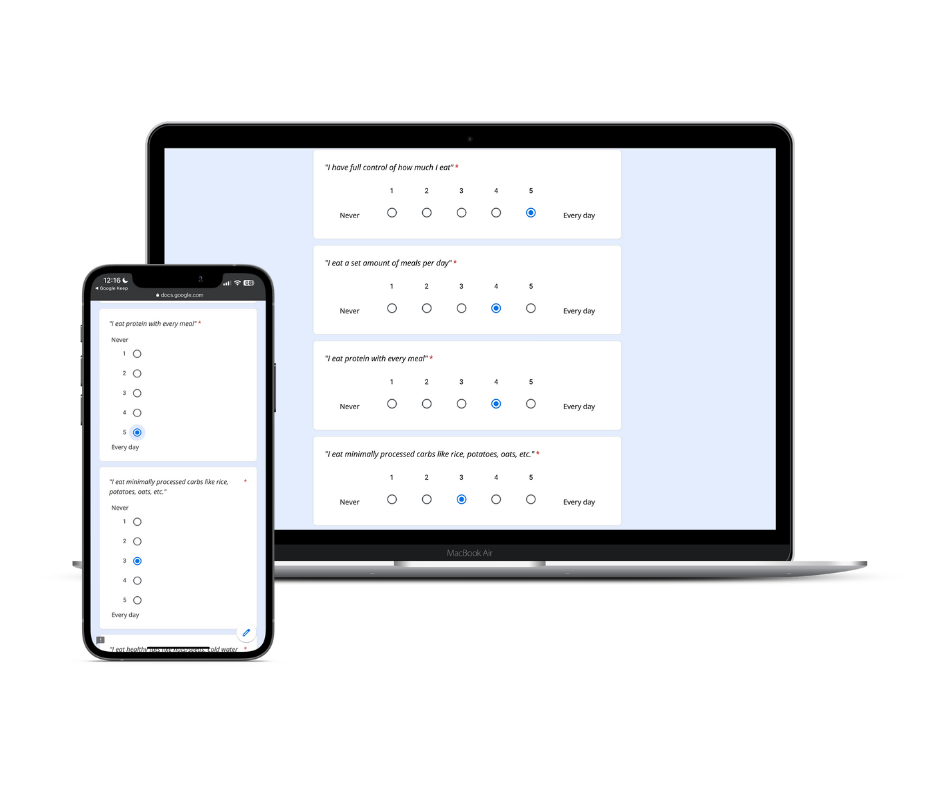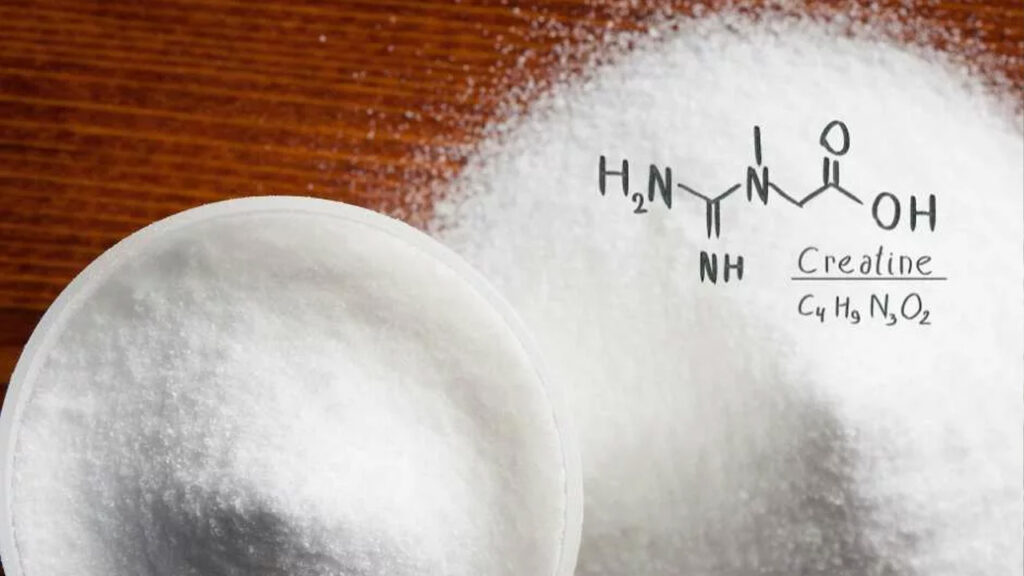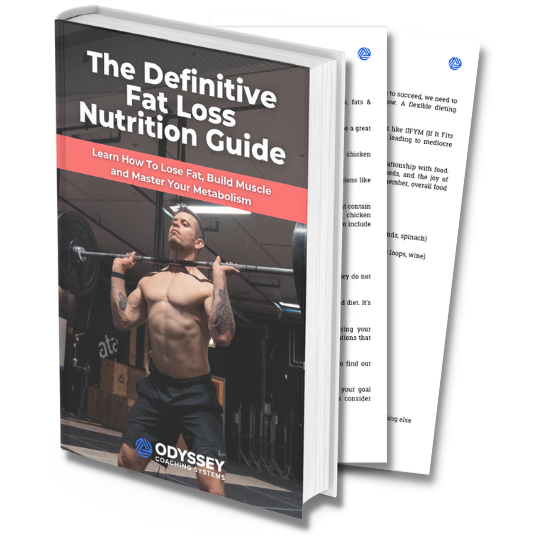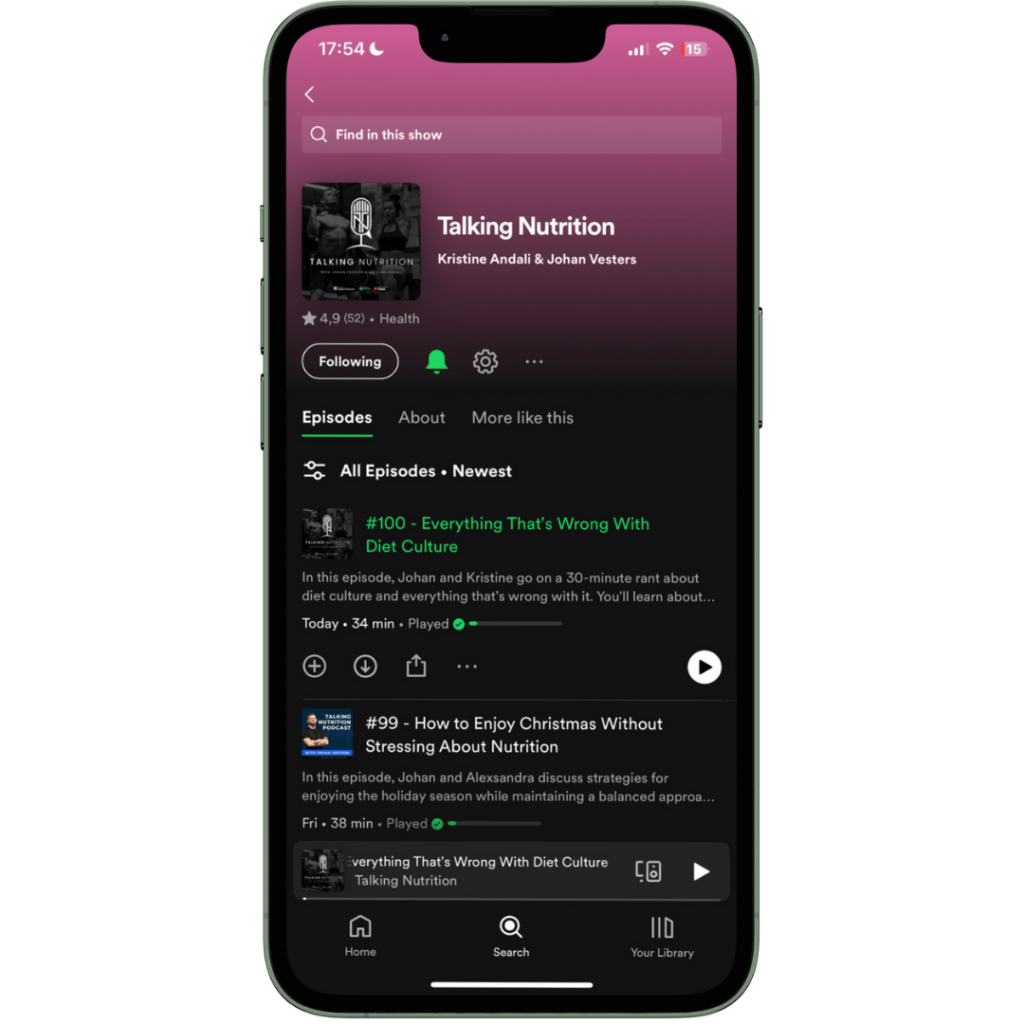Main Take-Aways
1. Creatine supplementation is most commonly known for its performance enhancing benefits, but can also help reduce fatigue, decrease inflammation and muscle damage, improve bone density, offset sleep deprivation, decrease mental fatigue, increase cognitive performance during difficult tasks, improve recovery from concussions, and more.
2. The physical and performance benefits of creatine supplementation are many, IF you are also resistance training. If you want the benefits, you need to be lifting weights.
3. The general recommendation for muscle and performance benefits are 3-5g per day. Higher doses up to 10+ may be needed for the mentioned brain/cognitive benefits.
Creatine Monohydrate is widely considered to be one of the most researched and effective sports supplements available.
It’s known for delivering numerous benefits, from increasing muscle size and strength to enhancing physical and cognitive performance. Despite being extensively studied, new benefits of Creatine Monohydrate continue to be discovered.
However, with its increasing popularity, there have also been numerous misconceptions and rumors surrounding its use.
In this article, we’ll explore the pros and cons of creatine and provide you with a comprehensive overview of its effects on your body. We’ll also dispel any misconceptions and help you make an informed decision about whether creatine should be included in your nutrition protocol.
What Is Creatine and How Does It Work?
Creatine is a naturally occurring compound that is produced by the liver, pancreas, and kidneys using the amino acids Glycine, Arginine, and Methionine. On average, the body produces about 1g of creatine daily.
Approximately 90-95% of the body’s creatine is stored in muscle tissue, with the remaining 5-10% found in the brain and small amounts in male testicles.
Creatine plays a vital role in the body by helping to recycle ATP (Adenosine Triphosphate), which is the body’s source of energy. It does this by converting ADP (Adenosine Diphosphate) back to ATP.
While the body naturally produces its own creatine, it can also be obtained from food sources such as meat, fish, and eggs, or through supplementation.
In summary, creatine is a naturally occurring substance in the body that can be augmented through supplementation to enhance its benefits.
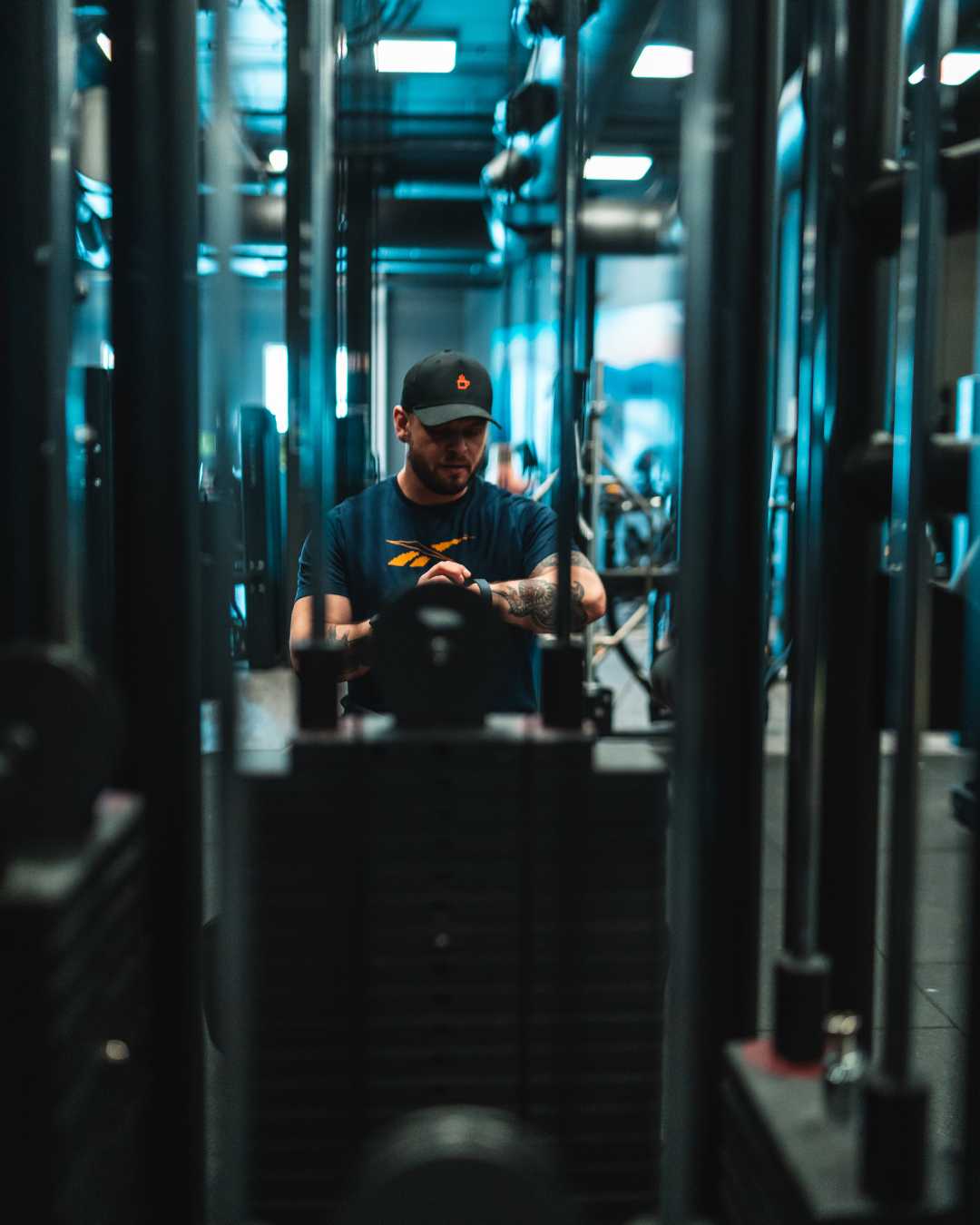
What is the Best Form of Creatine?
When it comes to choosing the right form of creatine, Creatine Monohydrate is the clear winner. This is also the form used in the majority of research studies and is considered the most effective.
If you’re looking for the best brand of Creatine Monohydrate, look for products that contain Creapure®. This German supplier is known for producing the highest quality creatine on the market.
Be cautious when purchasing other forms of creatine, such as Creatine HCL and Buffered Creatine. These forms are often marketed as newer and better, but they may not be as effective as Creatine Monohydrate and may not live up to the claims made by some supplement companies.
In conclusion, when it comes to choosing the best form of creatine, go for Creatine Monohydrate and look for products that contain Creapure® for the best results.
Creatine Pros And Cons: The Benefits
Creatine supplementation is most commonly known for its performance enhancing benefits.
Something creatine gets a bad rep for is the fact that it ‘pulls’ water in where it goes. However, this is a good thing. Remember that creatine is mostly stored in your muscles, which means that your muscles are better hydrated (which improves performance), and your muscles look fuller.
On top of that it seems to increase muscle glycogen (stored carbohydrate) levels, which it also helps to maintain for a longer period of time. Knowing that glycogen to muscle is like fuel to your car’s fuel tank, this again can help you enjoy better workouts.
Supplementing with creatine can lead to better performance in short term, intense efforts like a 1RM bench press or squat test. Additionally it can help you squeeze out an extra, or even a few extra reps during resistance training. This is beneficial for muscle building since this leads to more overall volume done.
Creatine supplementation has also been shown to reduce fatigue, decrease inflammation and muscle damage (in endurance runners).
So not only do you get more out of your training, you also recover better. Say hello to bigger, stronger, and better performing muscles.
Important: the physical and performance benefits of creatine supplementation are many, IF you are also resistance training. If you want the benefits, you need to be lifting weights.
Supplementing with creatine monohydrate may also improve bone density (mostly in peri menopausal women), offset sleep deprivation, decrease mental fatigue, increase cognitive performance during difficult tasks, improve recovery from concussions, and more.
You see, creatine is important for far more than just muscle gain and performance.
While more research is needed in relatively newer areas like brain health, creatine monohydrate supplementation seems to come with all pros and very few, if any cons.
Creatine Pros and Cons: Are There Any Downsides?
Let’s clear up some of the many myths around creatine monohydrate.
Because of the performance-enhancing benefits, creatine often falsely gets lumped in with anabolic steroids. However creatine is far from a steroid. It has a completely different structure and it does not seem to affect your hormones.
As out-there as it sounds, creatine supplementation does not seem to have any negative side effects.
Does creatine cause weight gain?
Yes. However this is not fat gain. While many tend to solely chase a lower number on the scale, we need to understand that changes in body weight and body fat do not always go hand-in-hand.
As mentioned earlier, creatine mostly gets stored in the muscle and improves glycogen content. Not only do creatine and glycogen both have some weight to them, they also both pull water into your cells. Again, this is a good thing! Your muscles function better and look fuller.
That means that you’re more likely to look leaner instead of ‘watery’.
To give you an idea, bodybuilders will carb load before a competition because they WANT the carbs and the water that it pulls in with it to get stored in their muscles (this comes with weight gain by the way).
Now that’s not to say that you should be doing the same as a pro bodybuilder. But that’s to show you that people who literally compete in a ‘sport’ that requires them to get as shredded as possible, actually want that water in their muscles.
So what about bloat, Kidney Damage, and Hair Loss?
Higher doses of creatine during a loading phase can cause some digestive upset. Another reason might not be consuming it with enough water (hello dry-scoopers). Any creatine-related digestive issues are easily avoided by titrating up your dosing, and having it with plenty of water.
Creatine monohydrate also does not seem to affect the kidneys in otherwise healthy individuals. However if you do already have an existing kidney condition, then you may want to double check with your doctor.
There is also no significant evidence that creatine causes hair loss.

How To Take Creatine Monohydrate – Dosing and Timing
The general recommendation for muscle and performance benefits are 3-5g per day.
But what about pre-loading? Many companies recommend doing so, but is it needed?
Here’s how it works. If you are currently not taking creatine and you’re not consuming a lot of animal products, then your creatine stores may take some time to get fully saturated. This can take about a month if you’re going with the recommended dose of 3-5g, or about a week when taking 10-20g.
Then once your cells are fully saturated, then it’ll take about 3-5g a day to maintain those levels.
Do you have to pre-load creatine?
No, your decision probably mostly depends on what you’re planning to get out of it. Whether you go with the usual or higher dose.. Once your cells are saturated, you’re good.
Research studies tend to go with 10-20g because this works faster. But if you’re someone who just wants to get some better results at the gym then you’ll be totally fine with the recommended 3-5g. If you do go with the higher dose, then consider breaking it up into multiple 3-5 doses a day to avoid any digestive upset.
Because creatine uptake in the brain is limited, higher doses may be needed (not just in a loading phase) for the reported brain benefits.
There was a 2 year study that had perimenopausal women on 9g of creatine per day that found no negative side effects. And so far there does not seem to be an upper limit.
What’s the best time to take creatine?
The most important thing is that you take it daily. As long as you got that covered, you’re fine.
However for a slight benefit you could choose to have your creatine post-workout (we’re really splitting hairs here) together with some carbohydrate, and electrolytes. Creatine and caffeine however don’t seem to go together that well.
Creatine Monohydrate – Best Supplement There Is?
As you learned today, Creatine really comes with all pros and no cons.
It’s also important to know who can benefit from creatine supplementation the most: the elderly and our plant-based friends. These populations tend to have lower creatine stores and often experience the biggest cognitive improvements from creatine supplementation.
Now before I let you go. Please know that although creatine is pretty damn amazing, we’re still just talking about a few extra percentages of improvement.
Supplements can supplement, but won’t make as much of a difference as the bigger rocks like energy balance, stress management, quality sleep, hydration, protein, or effective training.
And finally, the purpose of these articles is to educate you and help you make better decisions for your health and fitness. I can’t and won’t tell you “You need to take this”, because that simply wouldn’t be right. Do your own due diligence, research something before you take it (because there’s a lot of BS on the market), always check examine.com for a full breakdown of the research, and consider talking to your doctor before taking any dietary supplements that you’re unfamiliar with.
Want to keep learning?
